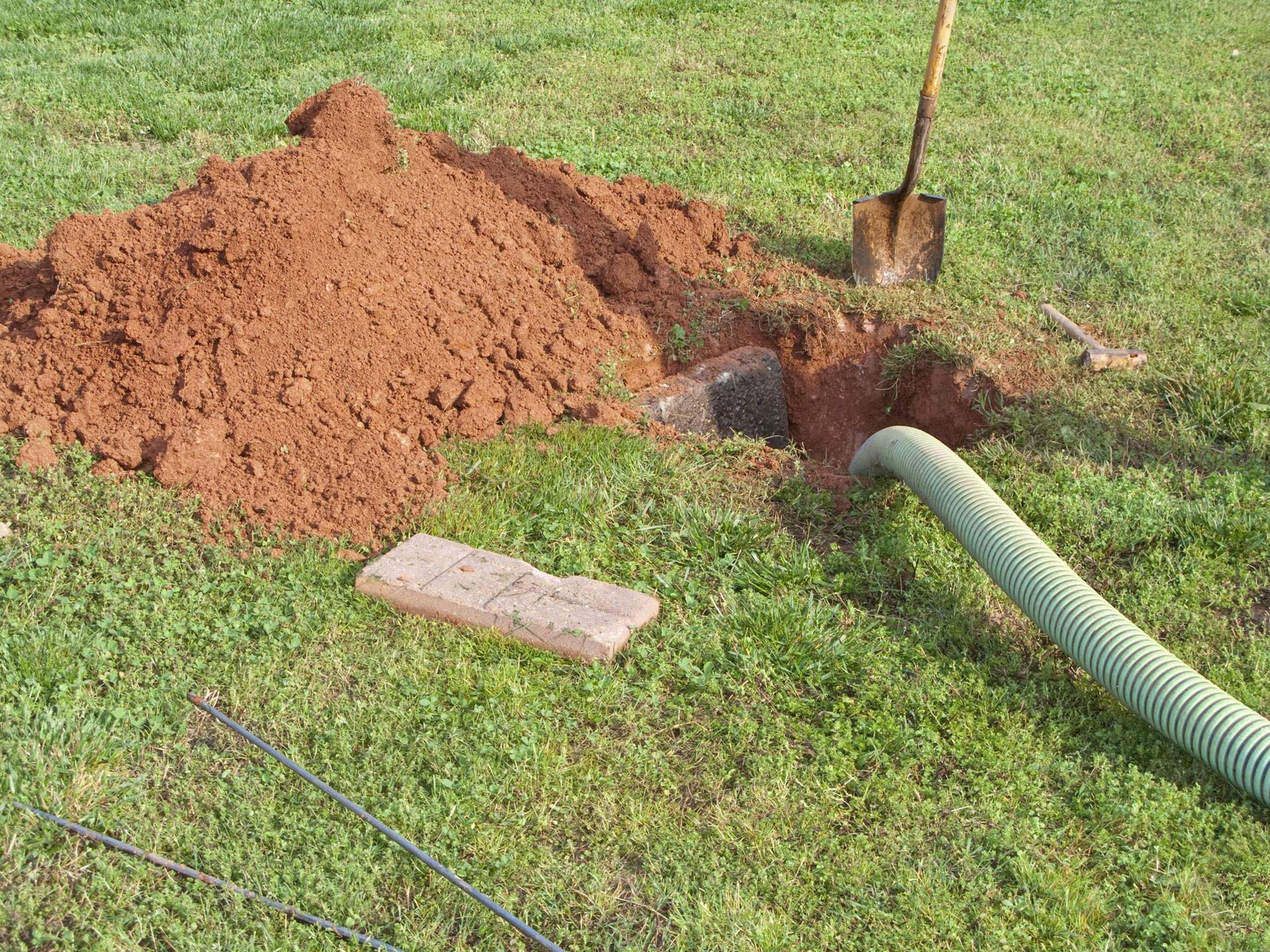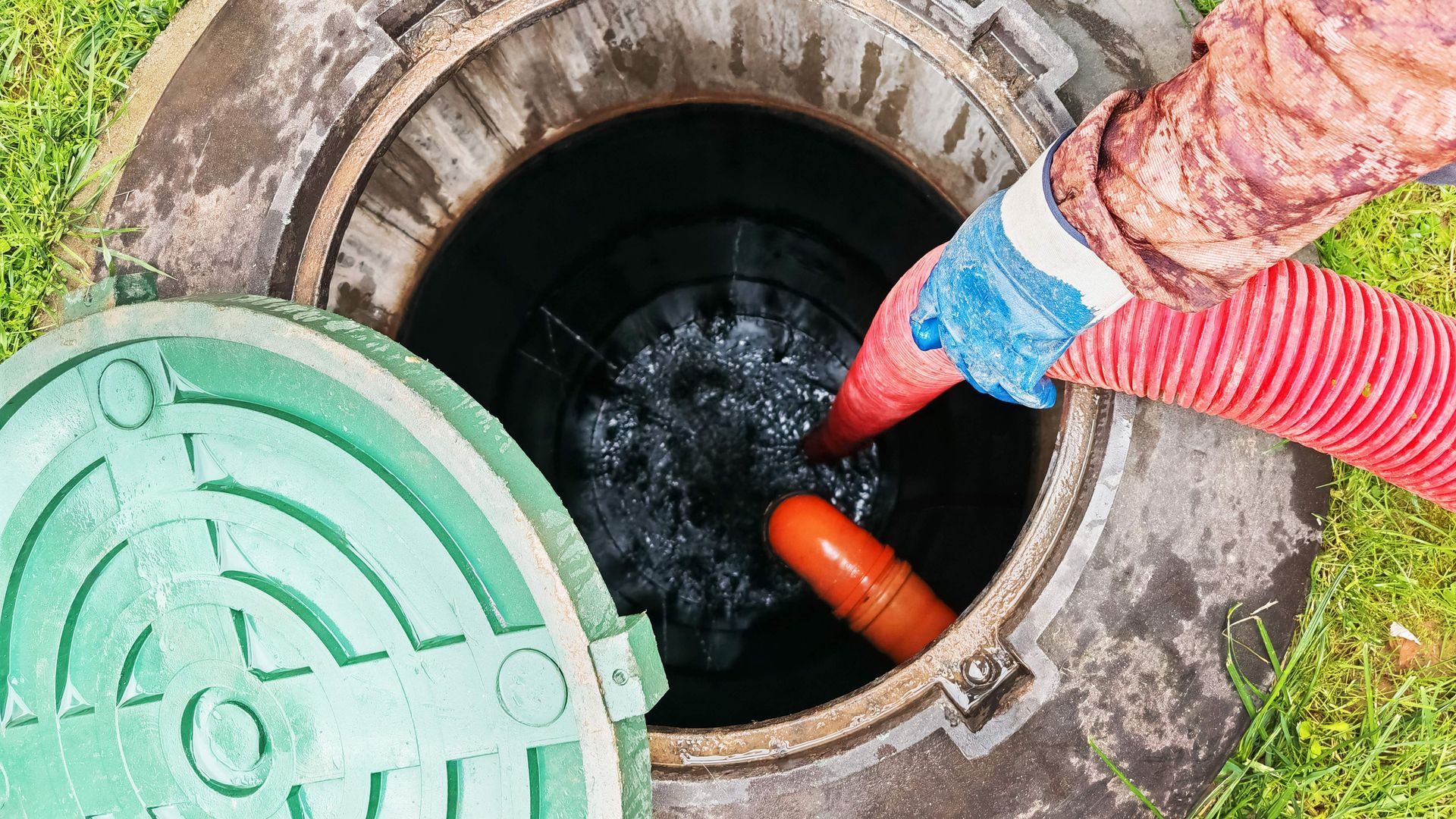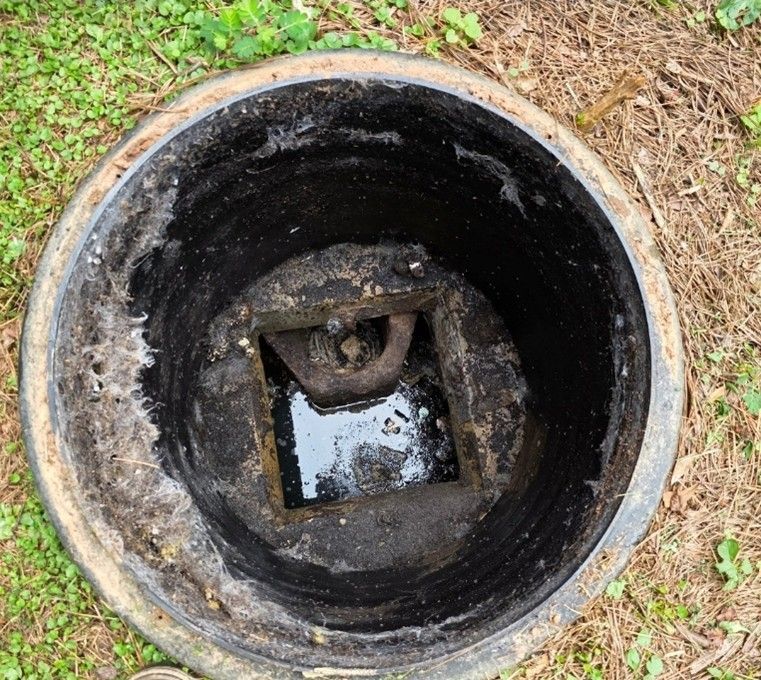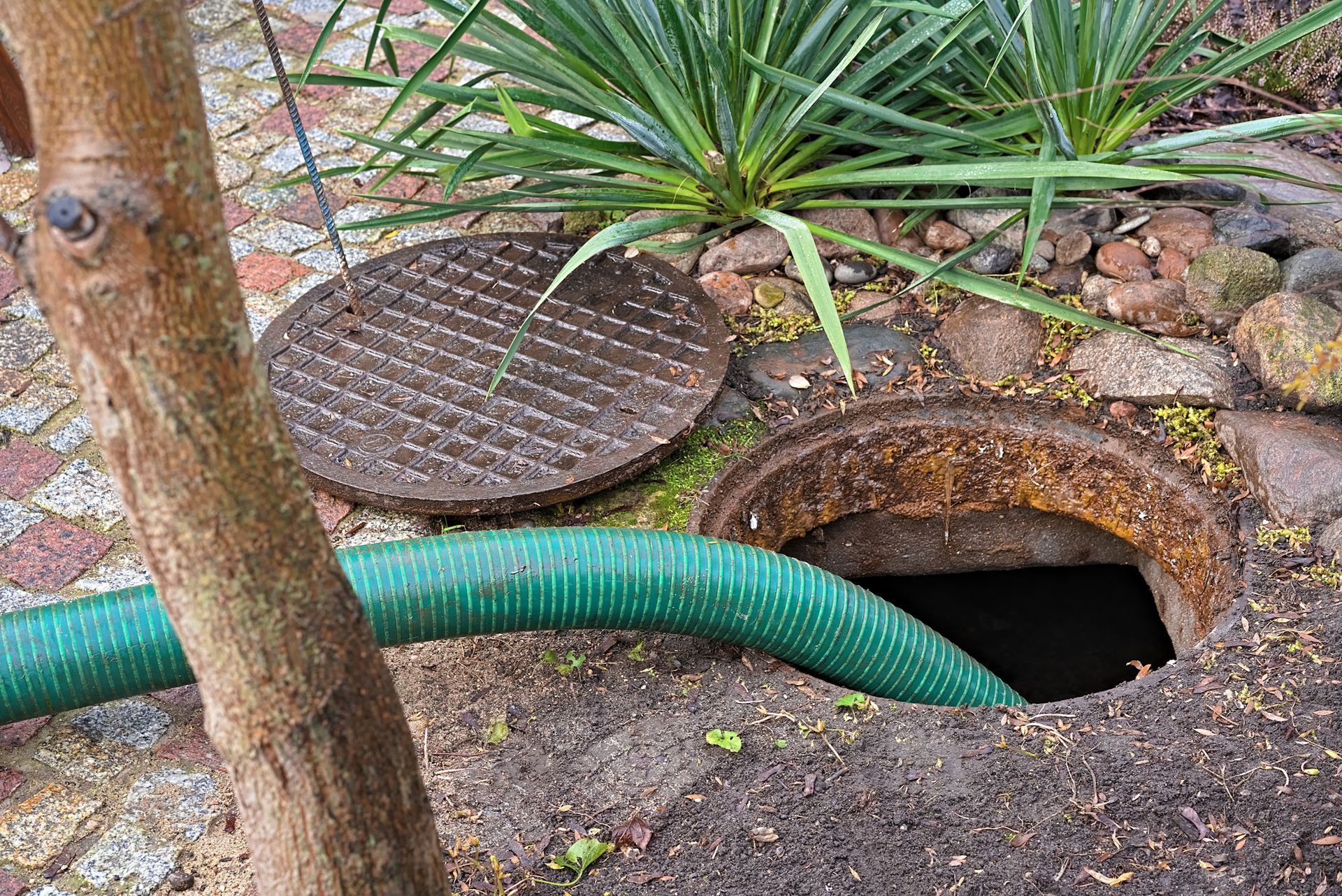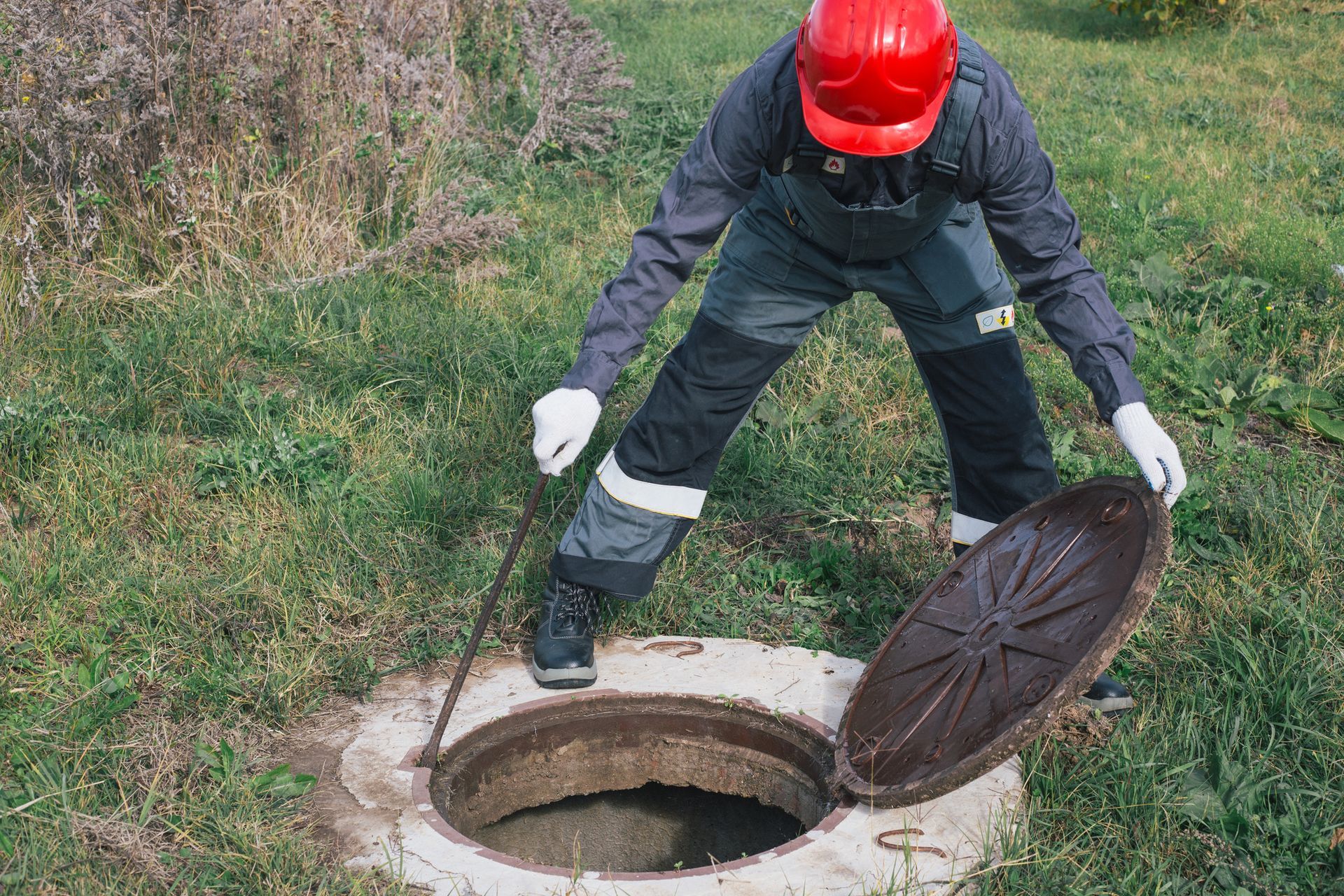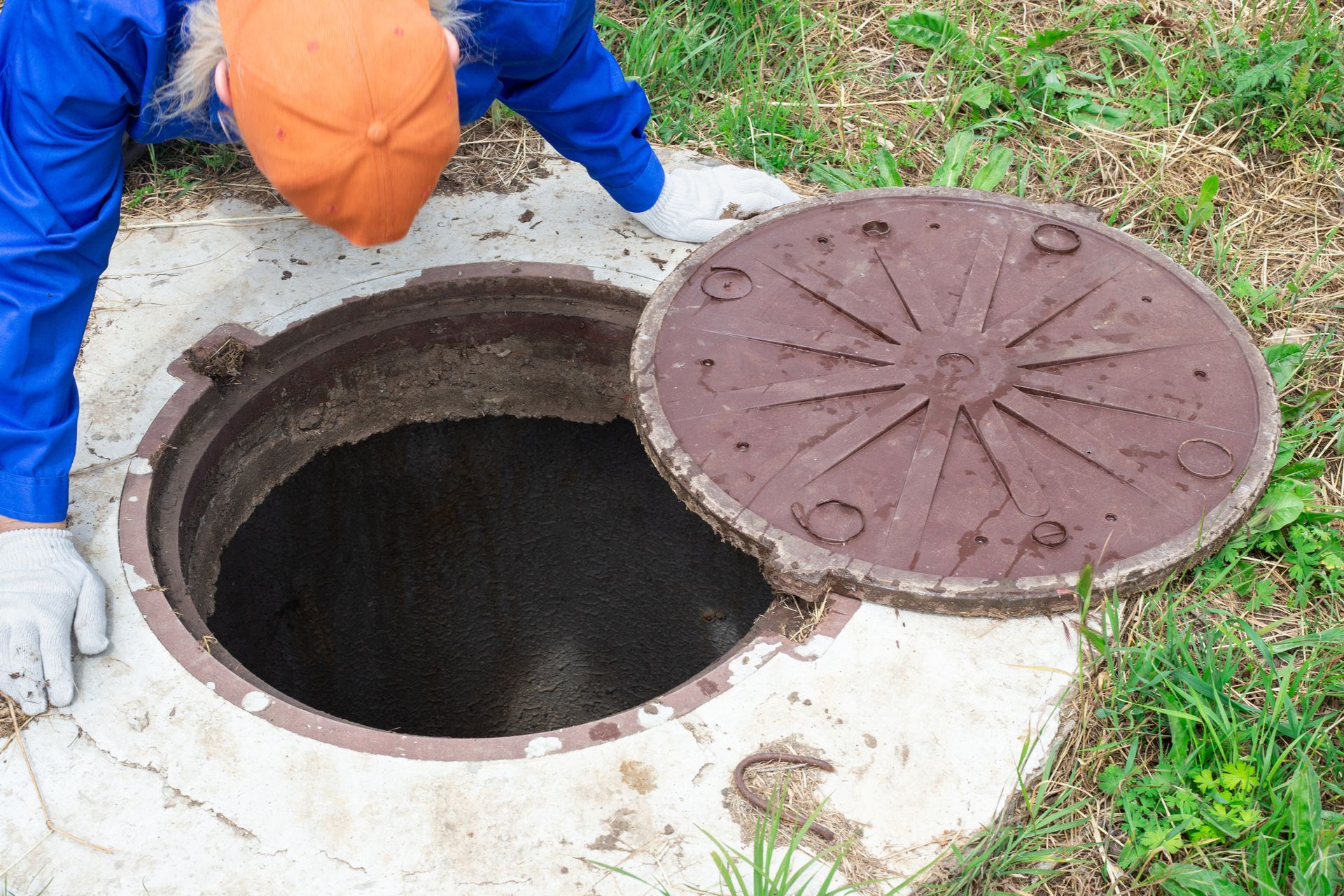How Often Do You Need Septic Tank Pumping in Woodstock, GA?
Maintaining a healthy septic system is essential for every homeowner in Woodstock, GA. Septic tank pumping in Woodstock, GA, plays a critical role in keeping the system functioning efficiently, preventing costly repairs, and protecting your property from unpleasant backups. Many homeowners are unsure about how often their septic tanks should be pumped, but understanding the factors that influence pumping frequency, such as household size, tank capacity, and water usage, can help avoid unexpected problems and extend the life of the system.
Regular septic tank pumping removes accumulated solids before they overwhelm the system, reduces the risk of drain field failure, and ensures that wastewater is properly treated. By staying informed about maintenance schedules and warning signs of a full tank, homeowners can proactively protect their property and avoid disruptive and expensive emergencies.
Septic Tank Pumping in Woodstock, GA: How Often Do You Need It?
Maintaining a septic system requires knowing when it’s time for septic tank pumping. The frequency of pumping isn’t the same for every household; it depends on factors such as tank size, household size, and daily water usage. Understanding these factors can save homeowners from costly repairs, unpleasant backups, and unnecessary stress. Factors That Influence Pumping Frequency:
- Household Size: More residents produce more wastewater, filling the tank faster. Small households may only need pumping every 3–5 years, while larger families often require it every 1–2 years.
- Tank Capacity: Smaller tanks reach capacity more quickly, making regular pumping essential. Larger tanks can go longer between services but still require monitoring.
- Water Usage: High water consumption from laundry, dishwashers, or multiple bathrooms accelerates sludge buildup and may necessitate more frequent pumping.
Warning Signs of an Overdue Septic Tank Service
A well-maintained septic system is critical for every homeowner in Woodstock, GA, but even the most careful maintenance routine can’t prevent issues if your system is overdue for service. Understanding the warning signs of a full or failing septic tank helps you avoid expensive repairs, health hazards, and damage to your property. Timely septic tank pumping ensures that your system continues to function efficiently. Key Warning Signs to Watch For:
- Slow Drains or Frequent Backups: If multiple drains in your home—sinks, showers, or toilets—are draining slowly or backing up, it may indicate a full septic tank or a clog in the pipes.
- Foul Odors: Persistent bad smells near the septic tank, drain field, or even inside your home are strong indicators that waste is not being properly processed. Odors may be subtle at first but tend to intensify as the tank fills.
- Pooling Water or Muddy Spots: Standing water or unusually soggy areas in your yard, particularly near the drain field, can be a sign of septic overflow. This excess liquid often contains harmful bacteria and pathogens, which can contaminate soil and groundwater if left untreated.
- Unusual Plant Growth: If the grass above your septic system’s drain field appears lusher or greener than surrounding areas, it may be due to nutrient-rich wastewater leaking from the tank. While it may look harmless, it indicates your system is not functioning properly and needs attention.
- Gurgling Sounds in Pipes or Toilets: Strange noises such as gurgling, bubbling, or splashing in drains often occur when wastewater cannot flow freely through the system. These sounds usually signal a blockage, sludge buildup, or an overloaded tank.
- Frequent Need for Repairs: If your septic system requires repeated plumbing fixes, it may be overdue for pumping. Regular septic tank pumping reduces strain on pipes and prevents frequent mechanical or structural issues.
Ideal Septic Tank Pumping Frequency in Woodstock, GA
Maintaining your septic system on a regular schedule is essential for preventing backups, protecting your drain field, and avoiding costly repairs. The ideal septic tank pumping varies depending on several key factors, including household size, tank capacity, and water usage. Factors Determining Pumping Frequency:
- Household Size:
The number of people living in a home directly affects how quickly your septic tank fills. - 1–2 people: Pump every 3–5 years
- 3–5 people: Pump every 2–3 years
- 6+ people: Pump every 1–2 years
- Tank Capacity:
Septic tanks come in various sizes, and smaller tanks require more frequent pumping. Common residential tank sizes include: - 1,000 gallons: Suitable for small households; pump less often
- 1,250–1,500 gallons: Medium households; pump every 2–3 years
- 2,000+ gallons: Large households or high-water usage; may need annual pumping
- Water Usage:
Daily water consumption has a major impact on septic system health. Homes with high water usage from multiple bathrooms, laundry, or dishwashers will accumulate solids faster, necessitating more frequent septic tank pumping.
By tailoring the pumping schedule to your specific household, you can avoid overflows, maintain system efficiency, and prevent damage to your property. Regular septic tank pumping ensures that your system remains reliable and safe for years to come.
Don't wait until a problem arises. Schedule your septic tank pumping in Woodstock, GA, with Bowen's Septic & Plumbing today. Our team provides expert advice, reliable service, and peace of mind for every homeowner. Contact us to protect your septic system and maintain a healthy home environment.


